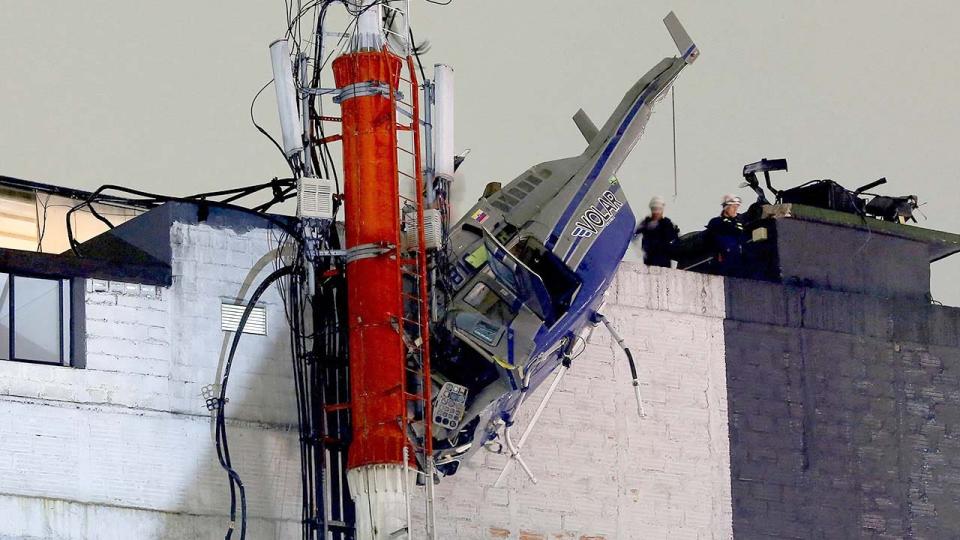Jun. 9—Christian Valle has walked the campus of New Mexico State University many times.
During those strolls, he would notice the name Clara Belle Williams on one of the buildings.
“I would frequently pass this building on campus and it got me to think of the story behind the name,” he says. “Once I looked up her name, the websites that had any information was limited. They told the same story of Clara Belle having to sit outside the classroom while attending school at NMSU.”
The seed was planted and Valle — who is a filmmaker and the production manager at KRWG Public Media — began to craft a documentary on Williams.
“Clara Belle Williams: New Mexico Pioneer In Education” will broadcast at 7 p.m. Thursday, June 13, on New Mexico PBS, channel 5.1. It will also be available to stream on the PBS app.
The broadcast is part of PBS’ Juneteenth celebration.
Valle was drawn to learn more about Williams’ story.
“You often hear about people being the ‘first’ in something,” he says. “What intrigued me is that Clara Belle was the first African American to graduate from NMSU. That was super important to me, and I wanted to tell the story of how she got there.”
Clara Belle Williams was born in Plum, Texas, on Oct. 29, 1885.
She attended a small independent college — Prairie View Normal and Independent College, where she graduated valedictorian in 1908.
Williams then studied at the University of Chicago in 1910 and was married in 1917.
She made her way to New Mexico, where she started attending New Mexico College of Agriculture and Mechanic Arts, now New Mexico State University.
It was at NMSU where professors didn’t let her sit in the lecture halls because she was Black.
Williams was 51 when she graduated and eventually became a teacher in Las Cruces, where she taught at Phillips Chapel, as well as Booker T. Washington.
Williams had three sons, who became doctors. She died in 1994 at the age of 108.
In 1961, NMSU named a street after her on campus. She was also awarded an Honorary Doctorate of Law degree from NMSU in 1980.
Valle says the university apologized for the treatment of Williams during her time at NMSU.
The English department was also renamed Clara Belle Williams Hall, as well as a scholarship program in her name.
Valle did run into some obstacles along the way.
“It was difficult because during the time of Clara Belle’s early life, Black history isn’t really well documented,” he says. “I was able to talk to one lady where Clara Belle went to the independent college, and they had a lot of the information there.”
Valle says Williams’ story is a unique New Mexico story that needed to be told.
“This documentary became a spotlight on the injustices that were happening here in Southern New Mexico at the time,” he says. “It’s a powerful history lesson in what so many African Americans were facing during the Jim Crow era.”
Valle was able to interview eight individuals for the documentary and had to edit it down to nearly 27 minutes.
“Not everyone had all the answers to the questions,” he says. “Each knew a portion of the story. It was really interesting to hear these perspectives.”
While interviews were being conducted, Valle relied heavily on the NMSU archives for fact checking.
He says as an educator, Williams became a pioneer in educating the Black children in the area, including her own children.
“The power of perseverance and resilience in the face of adversity and not letting it get her down. It’s something that everyone can relate to,” Valle says. “As we celebrate Juneteenth, it’s important to remember the heroes who stood up for the injustices and paved a way for future African Americans to thrive and continue with their education.”
Signup bonus from




